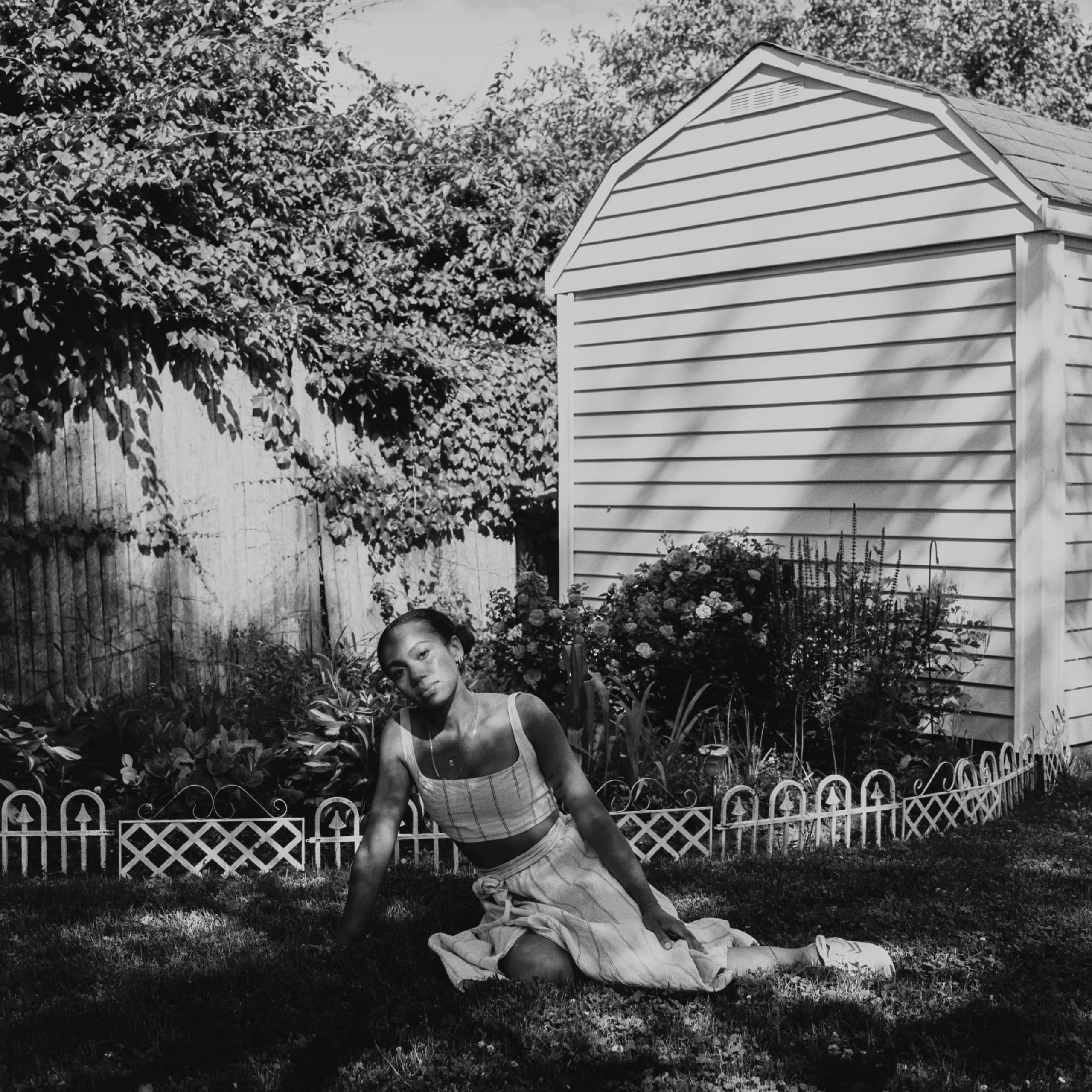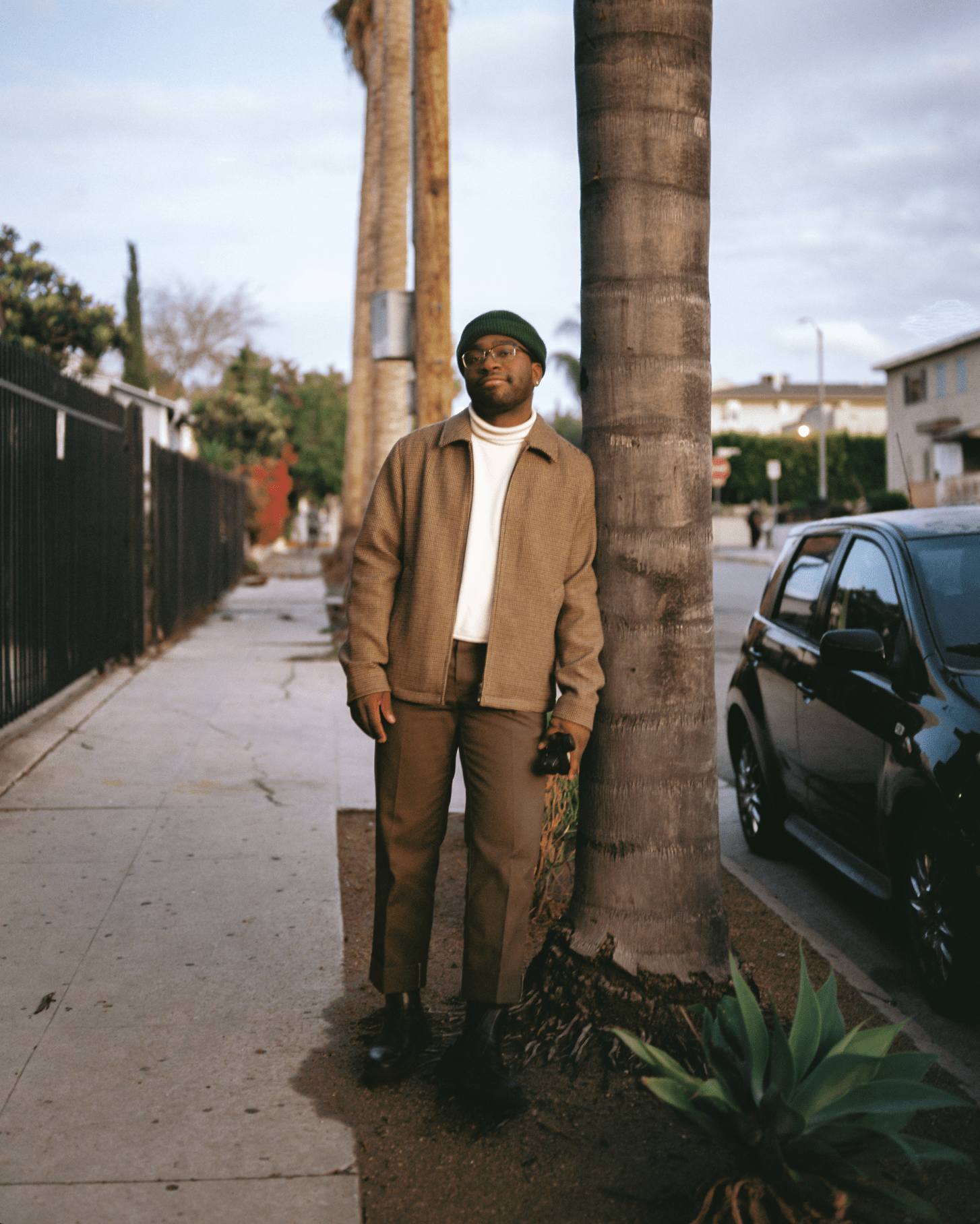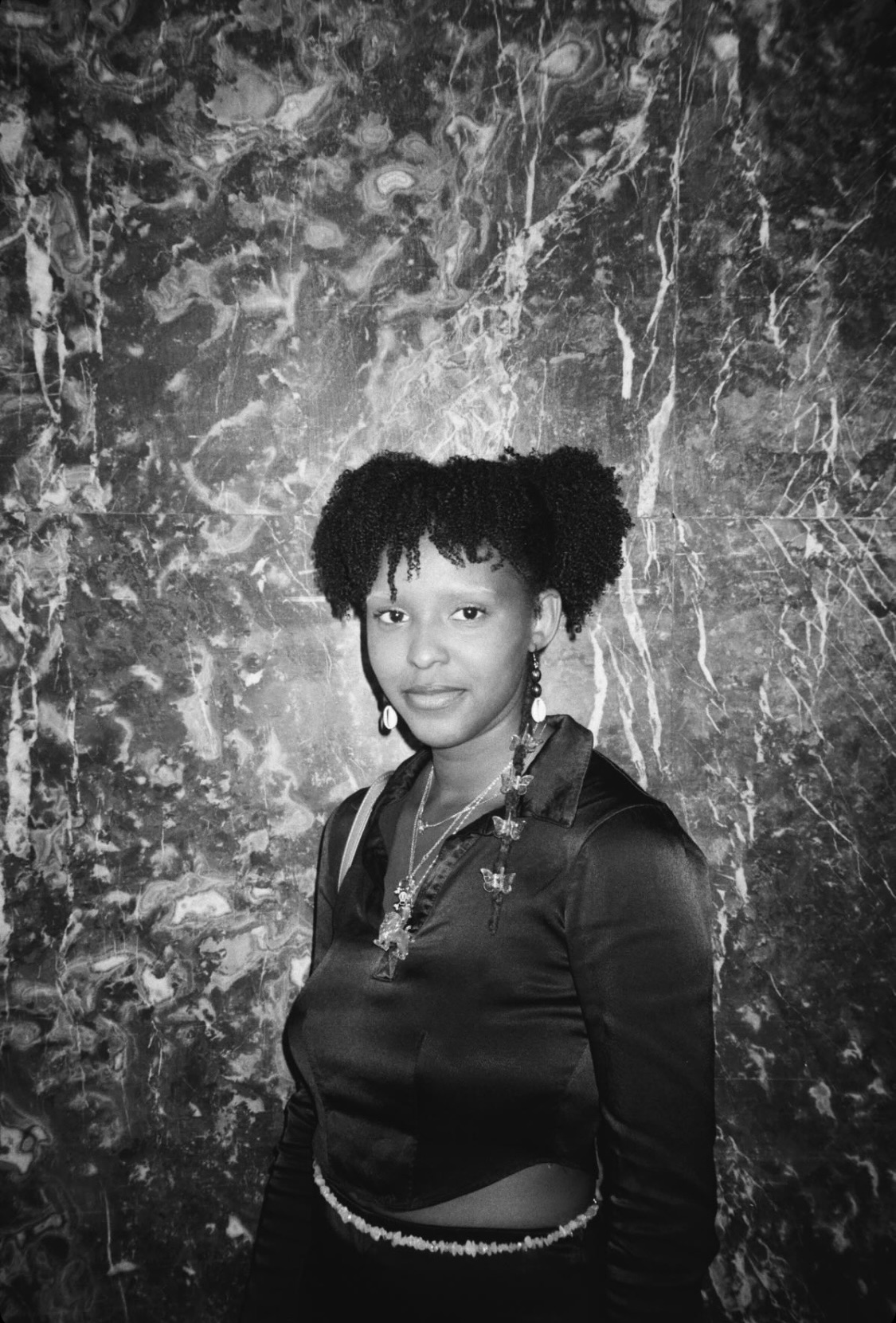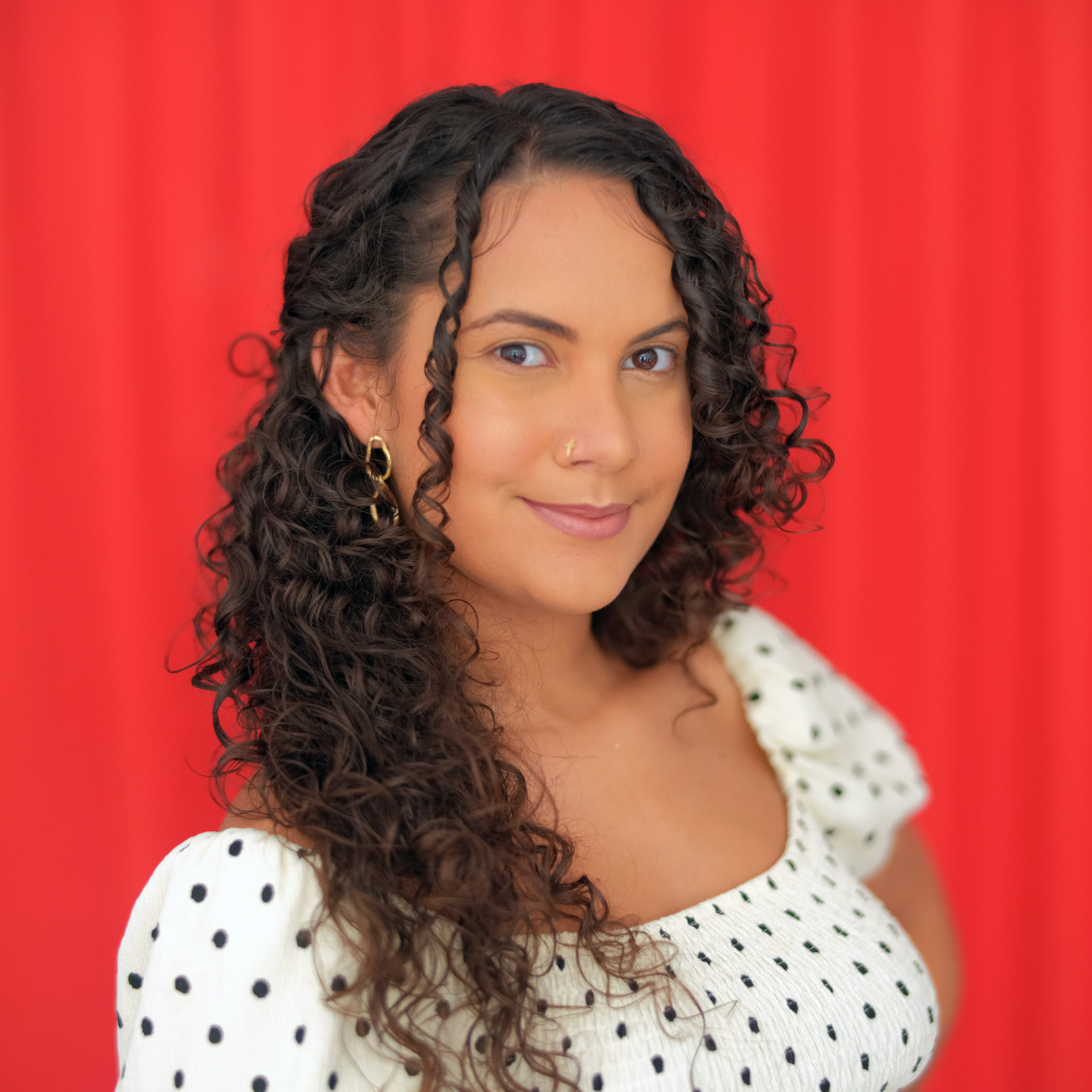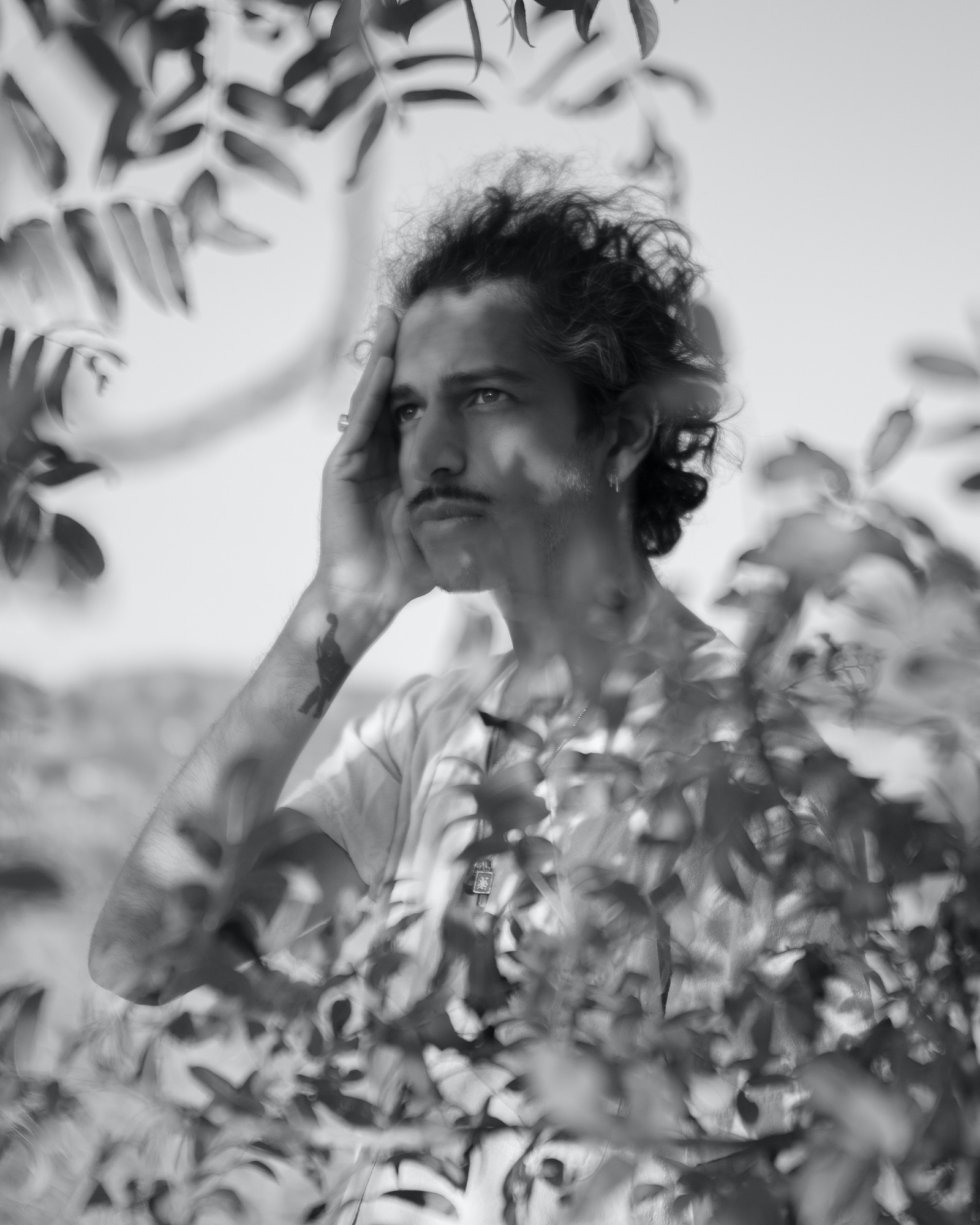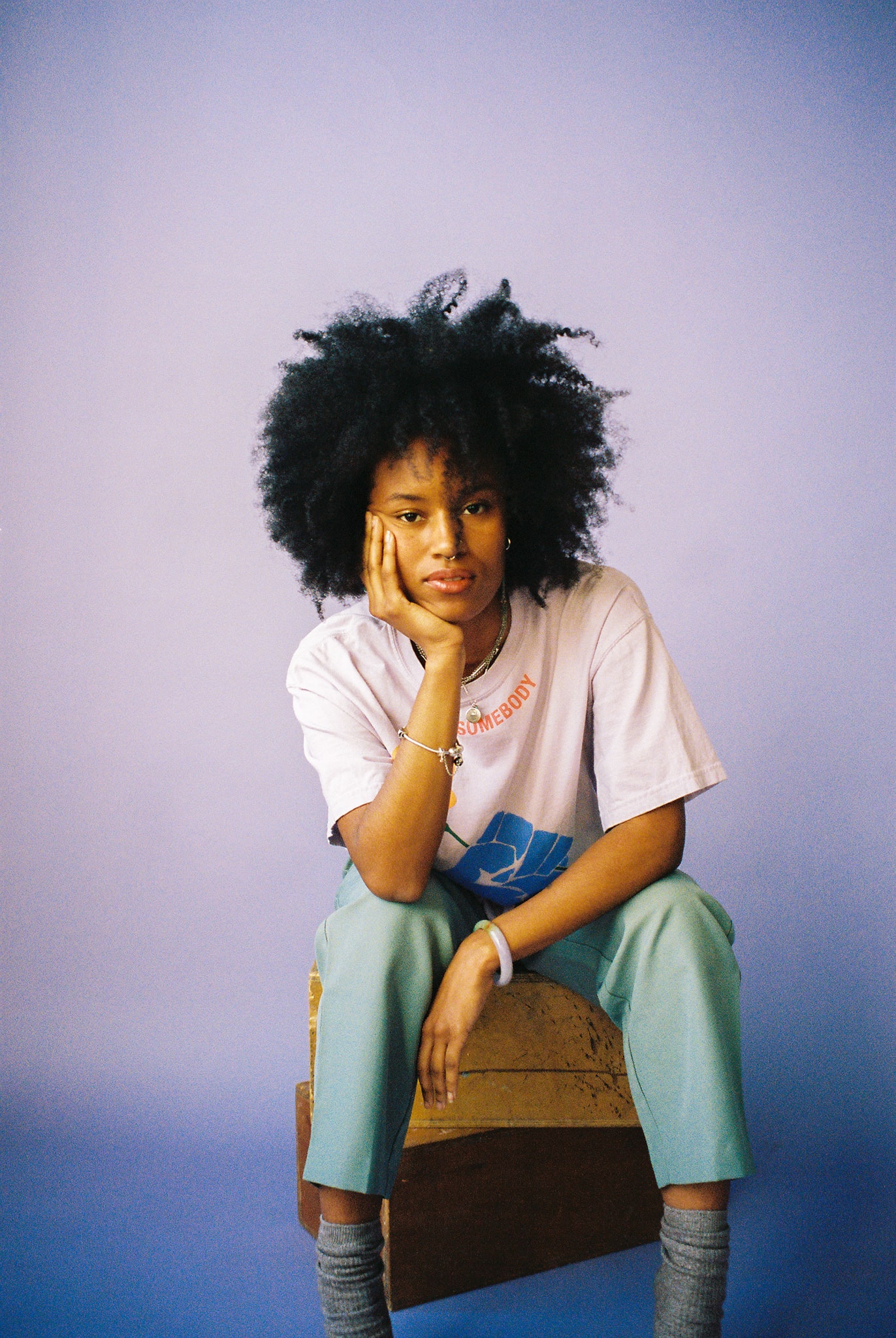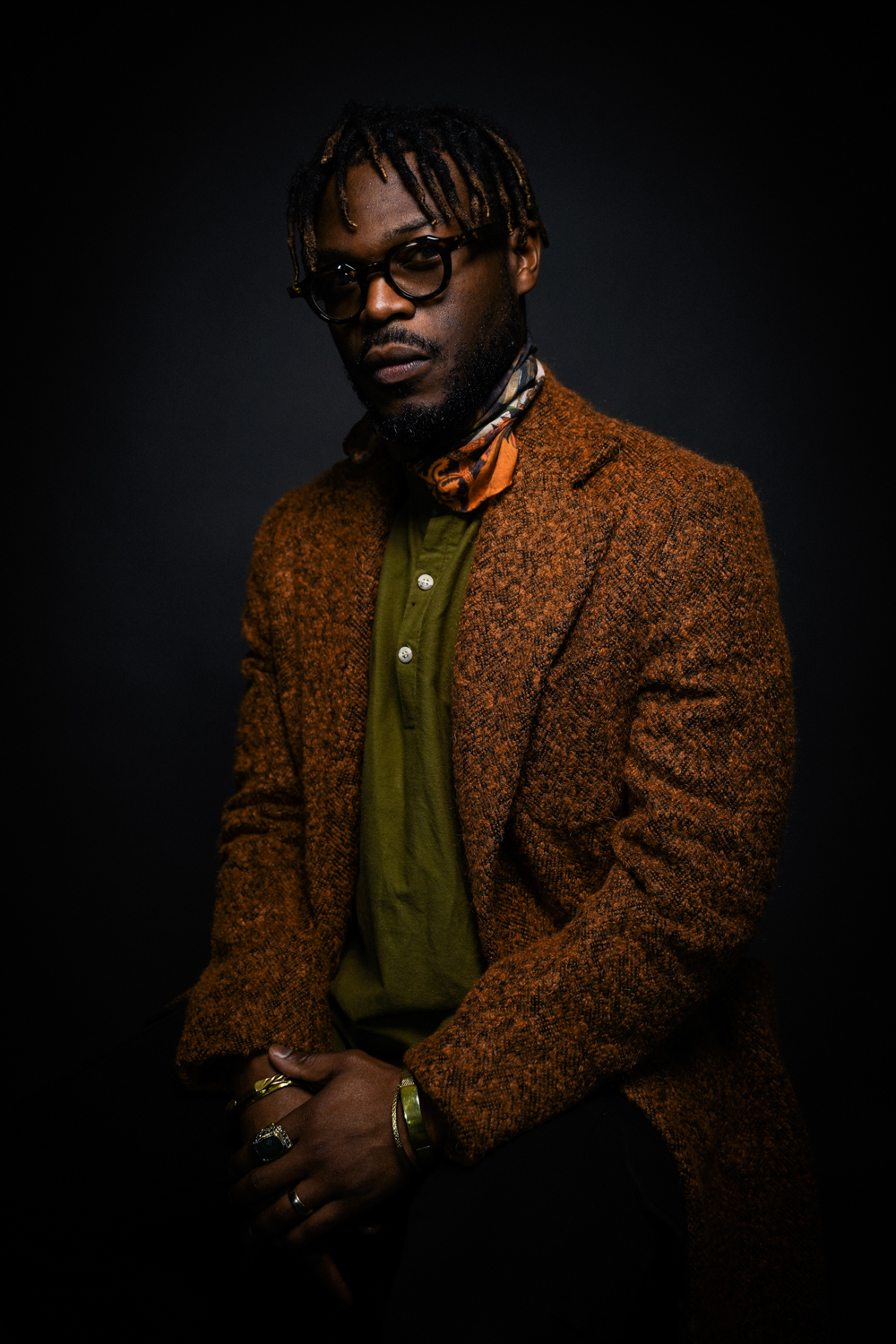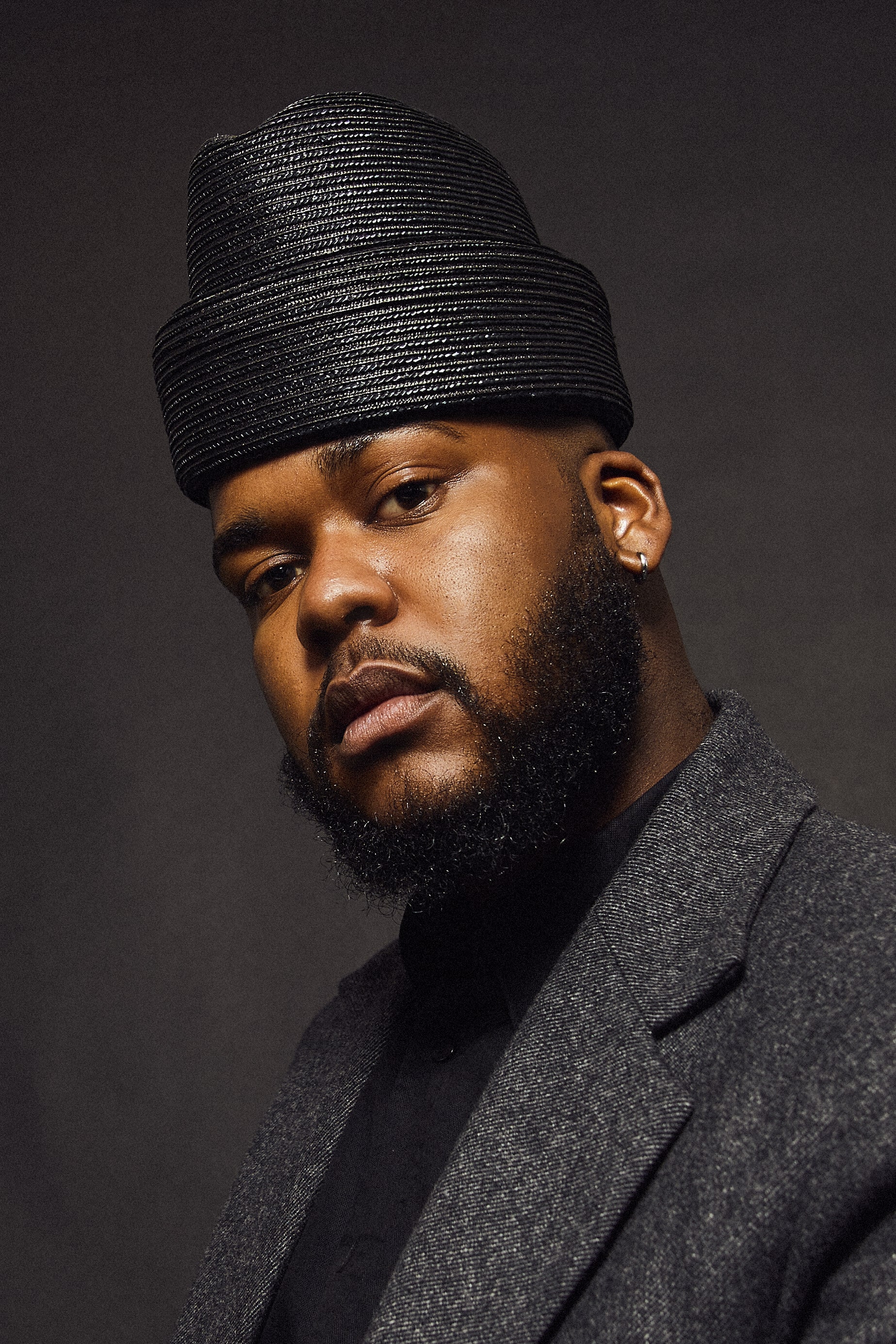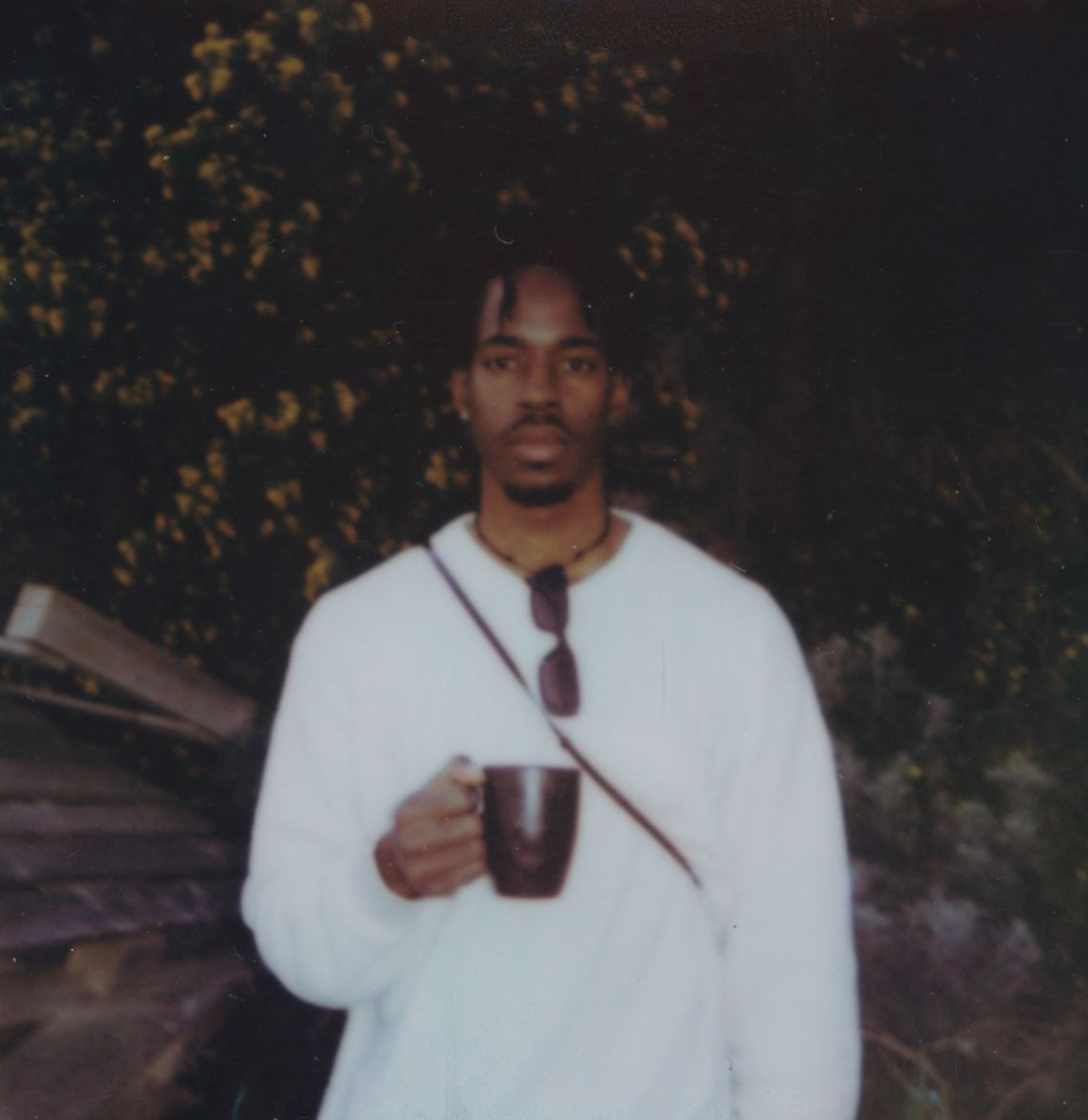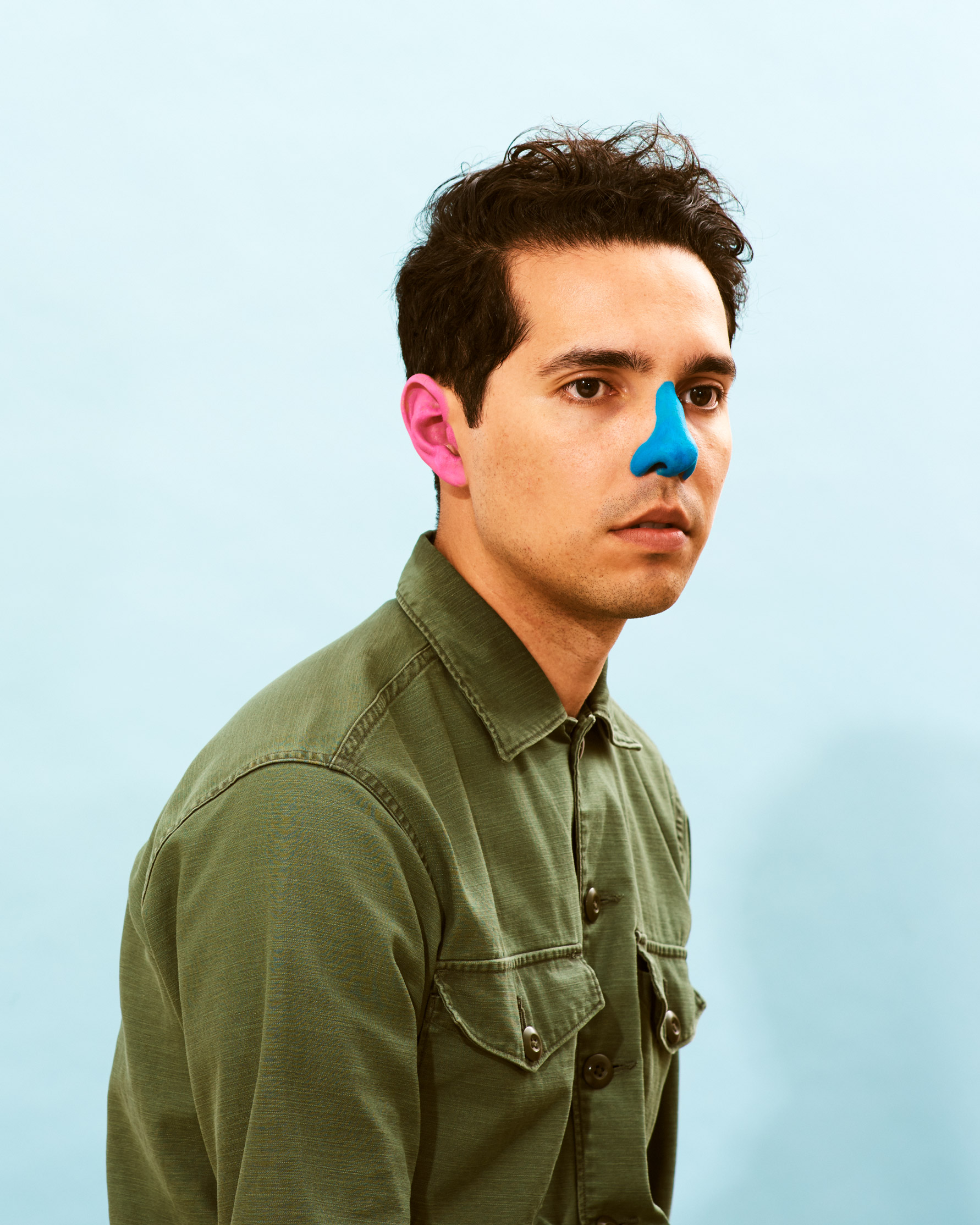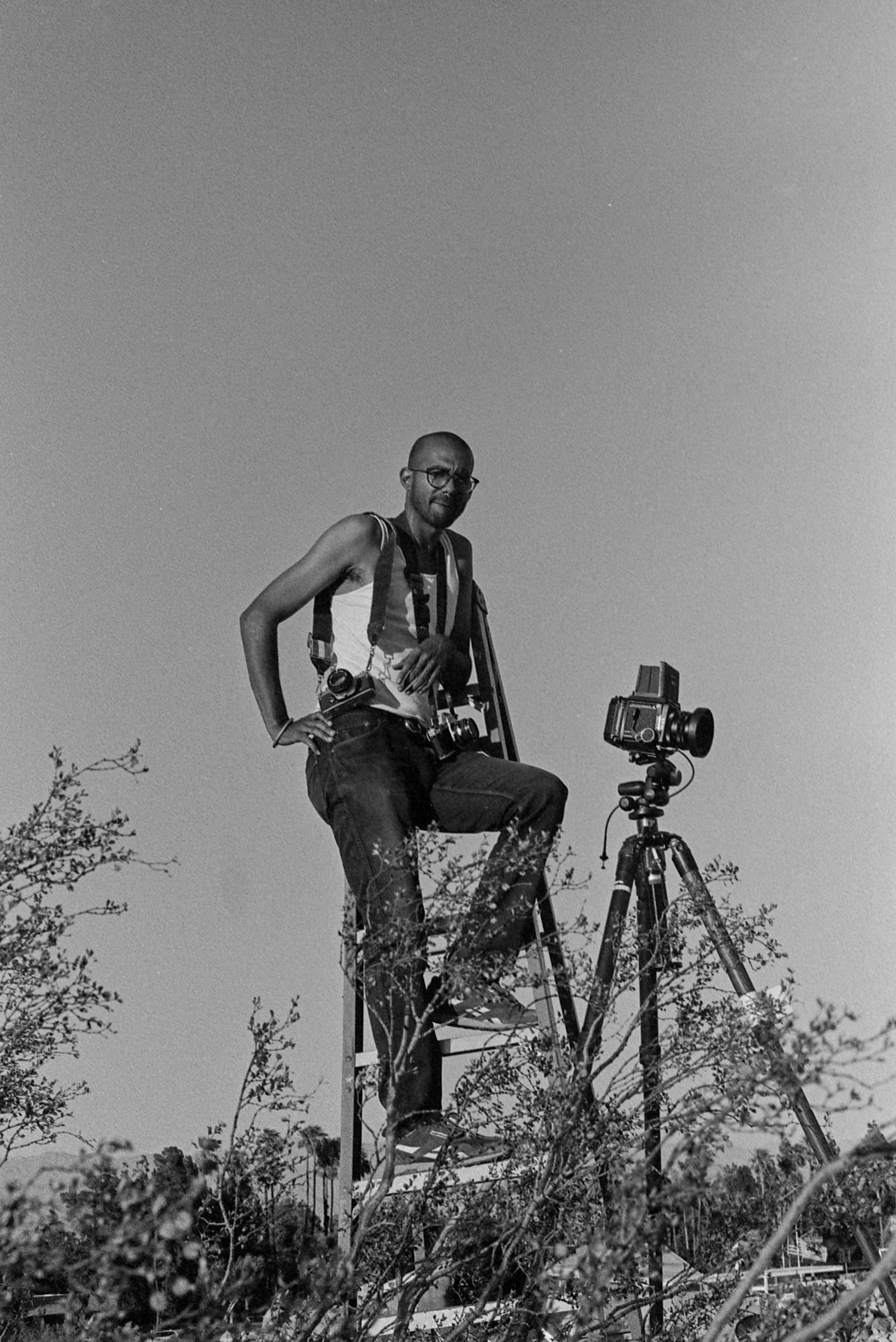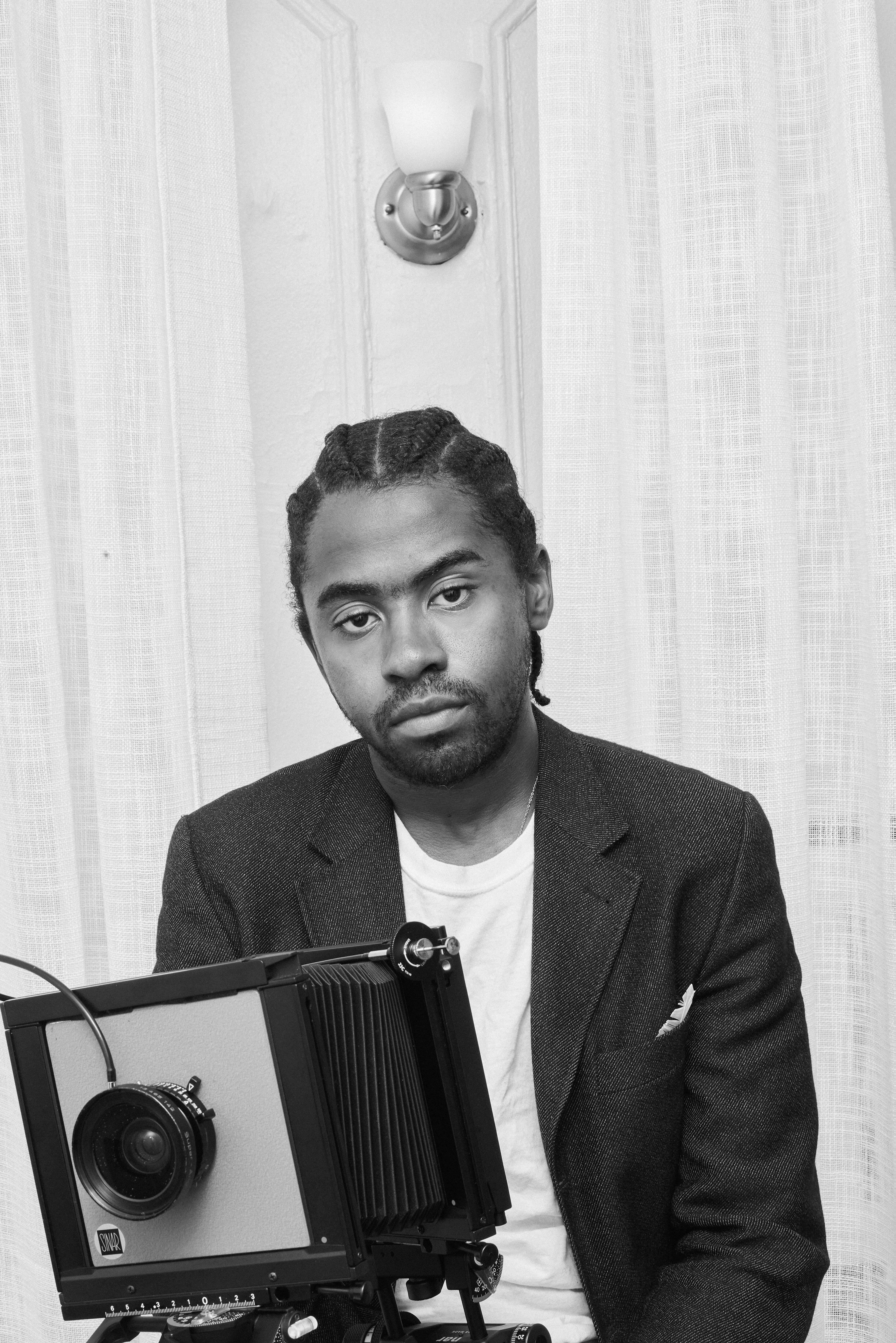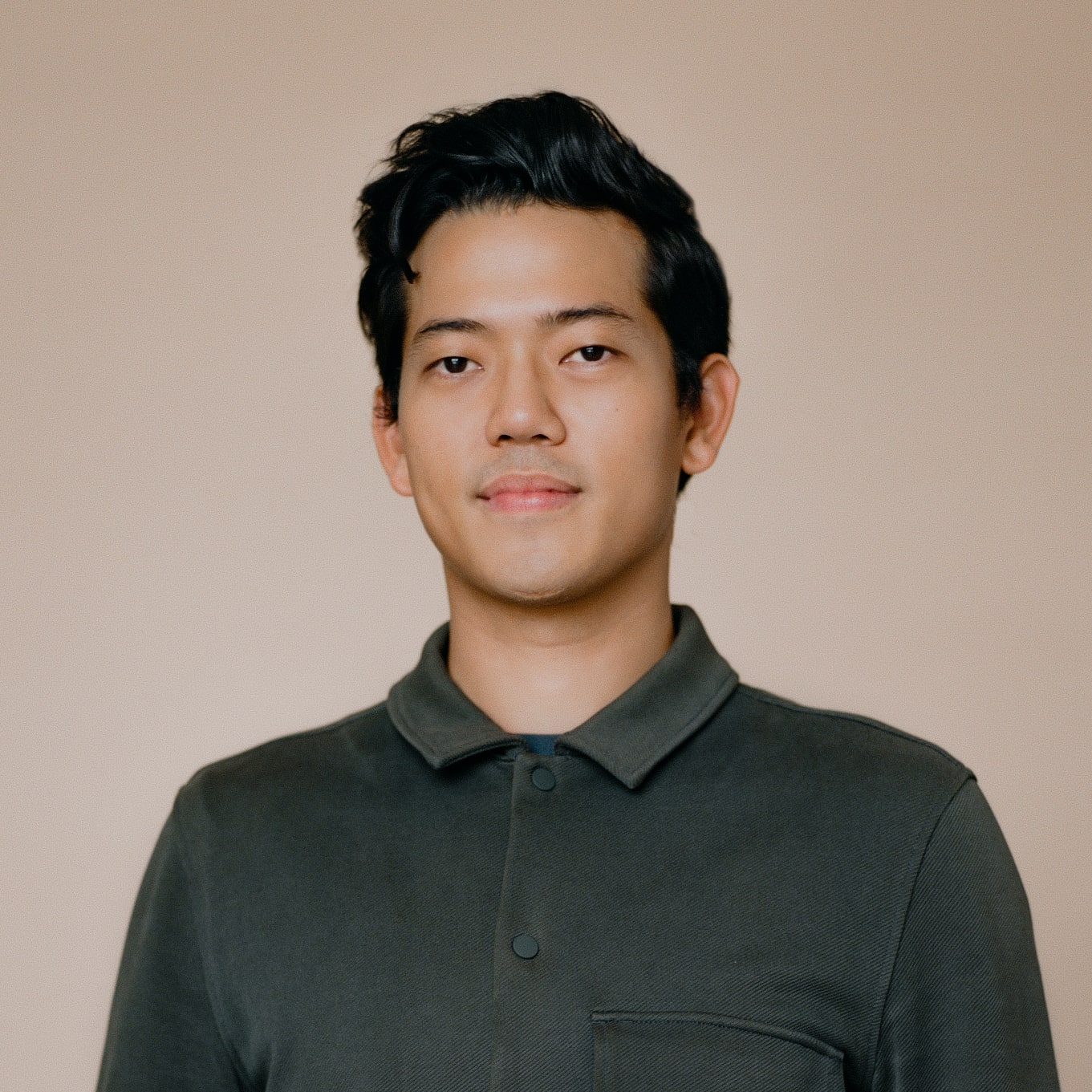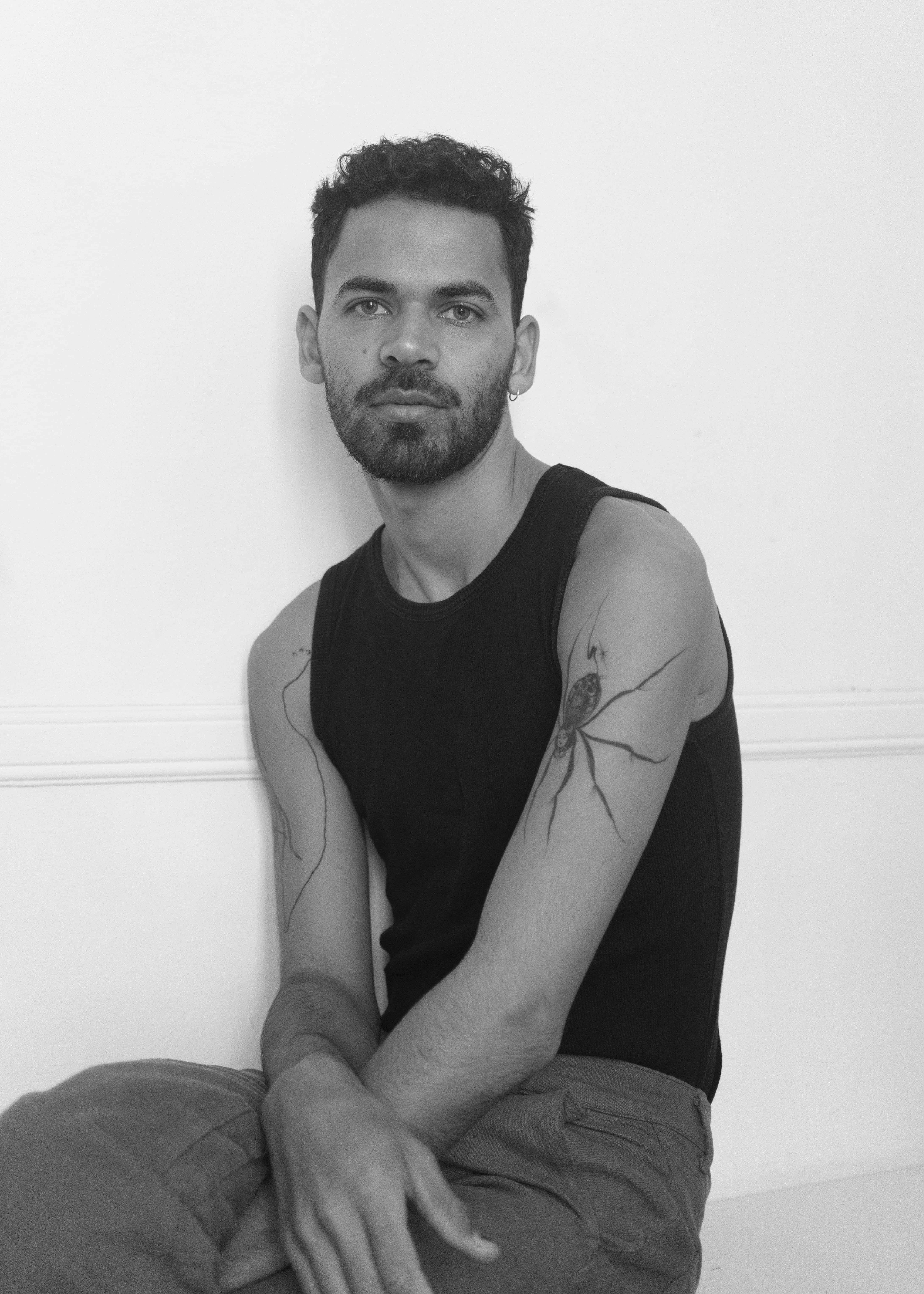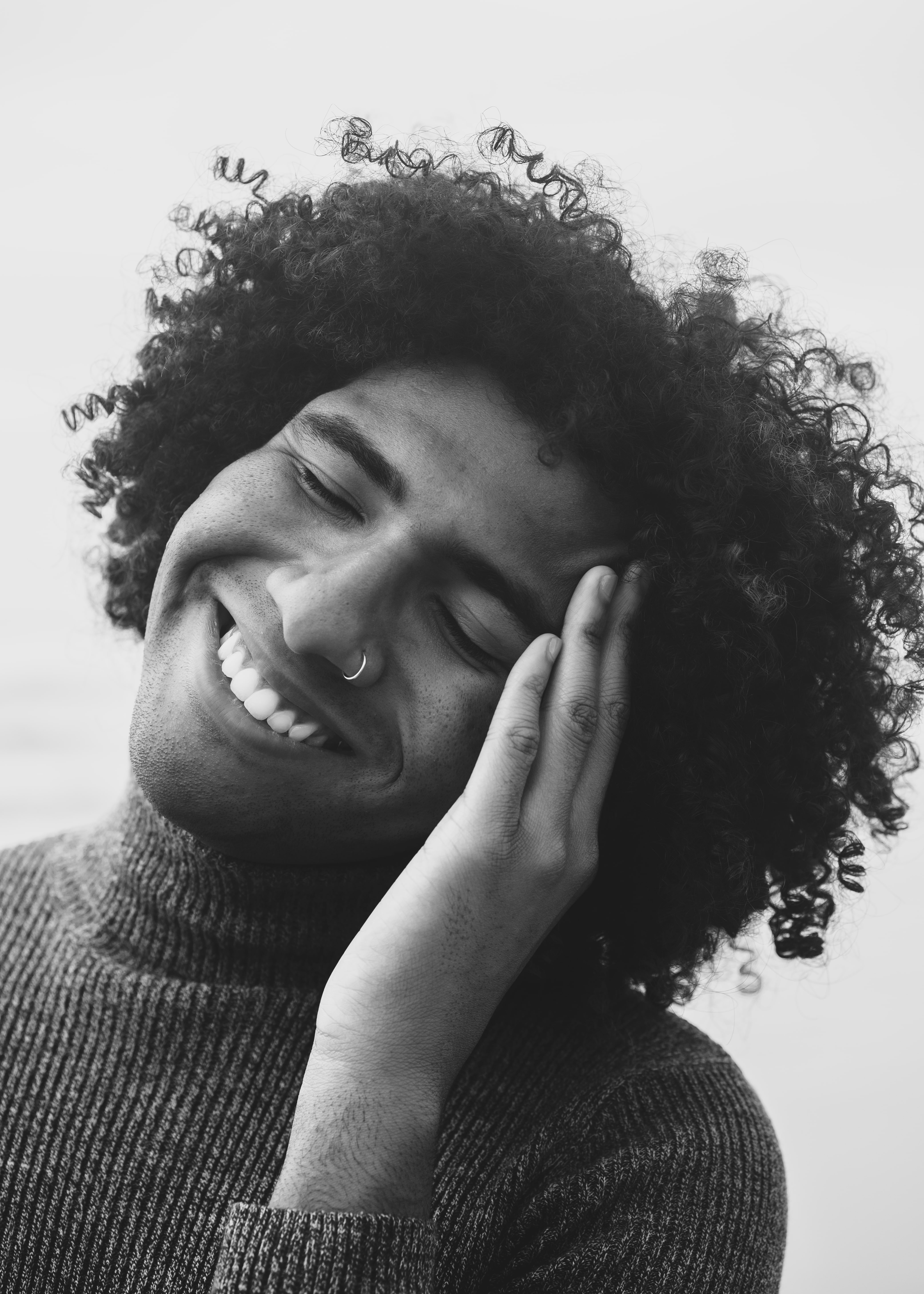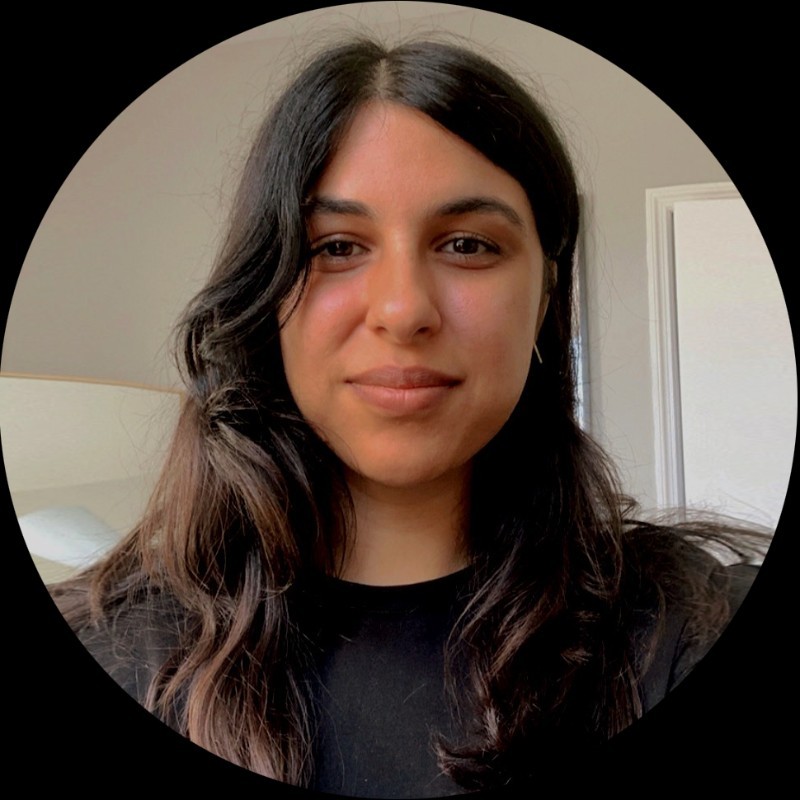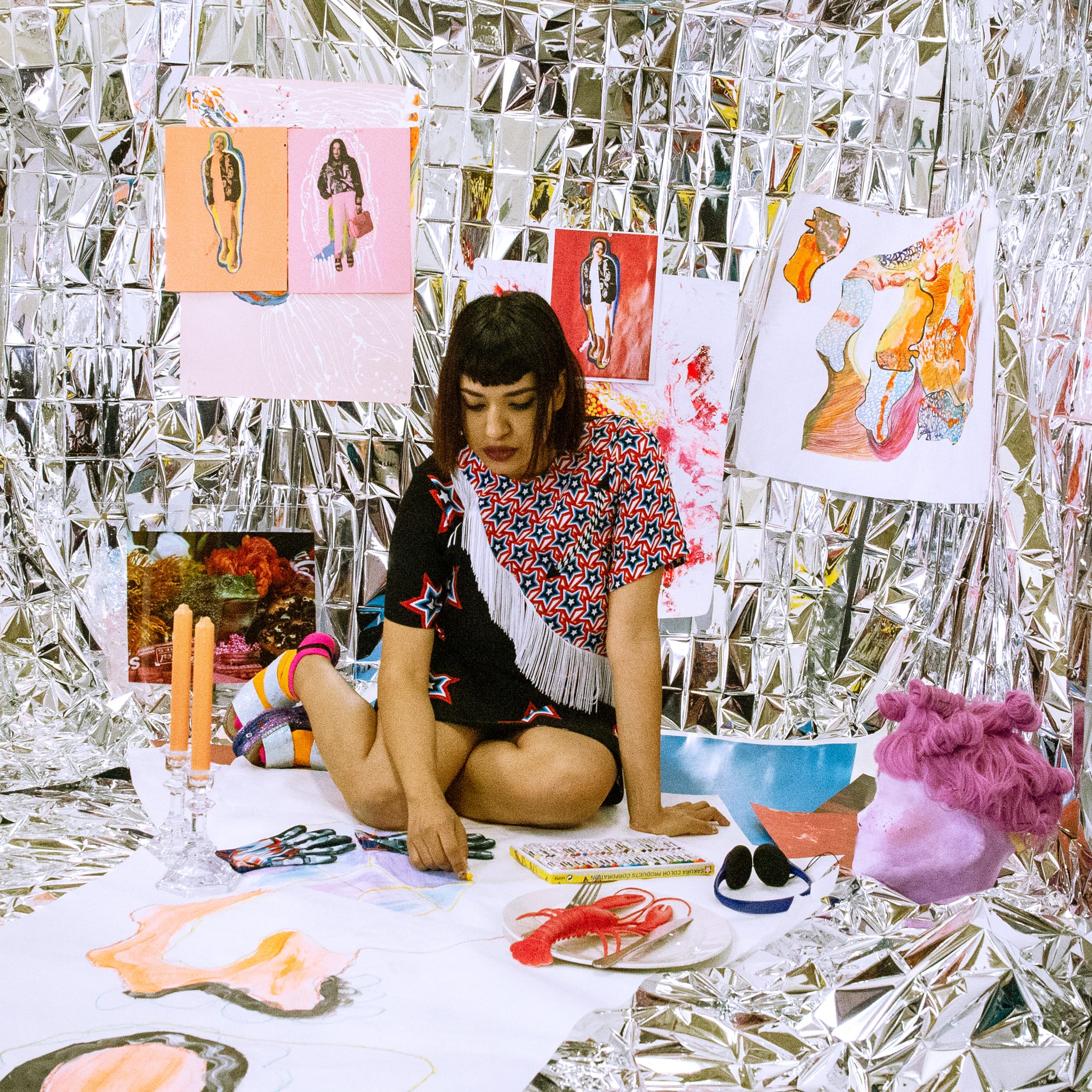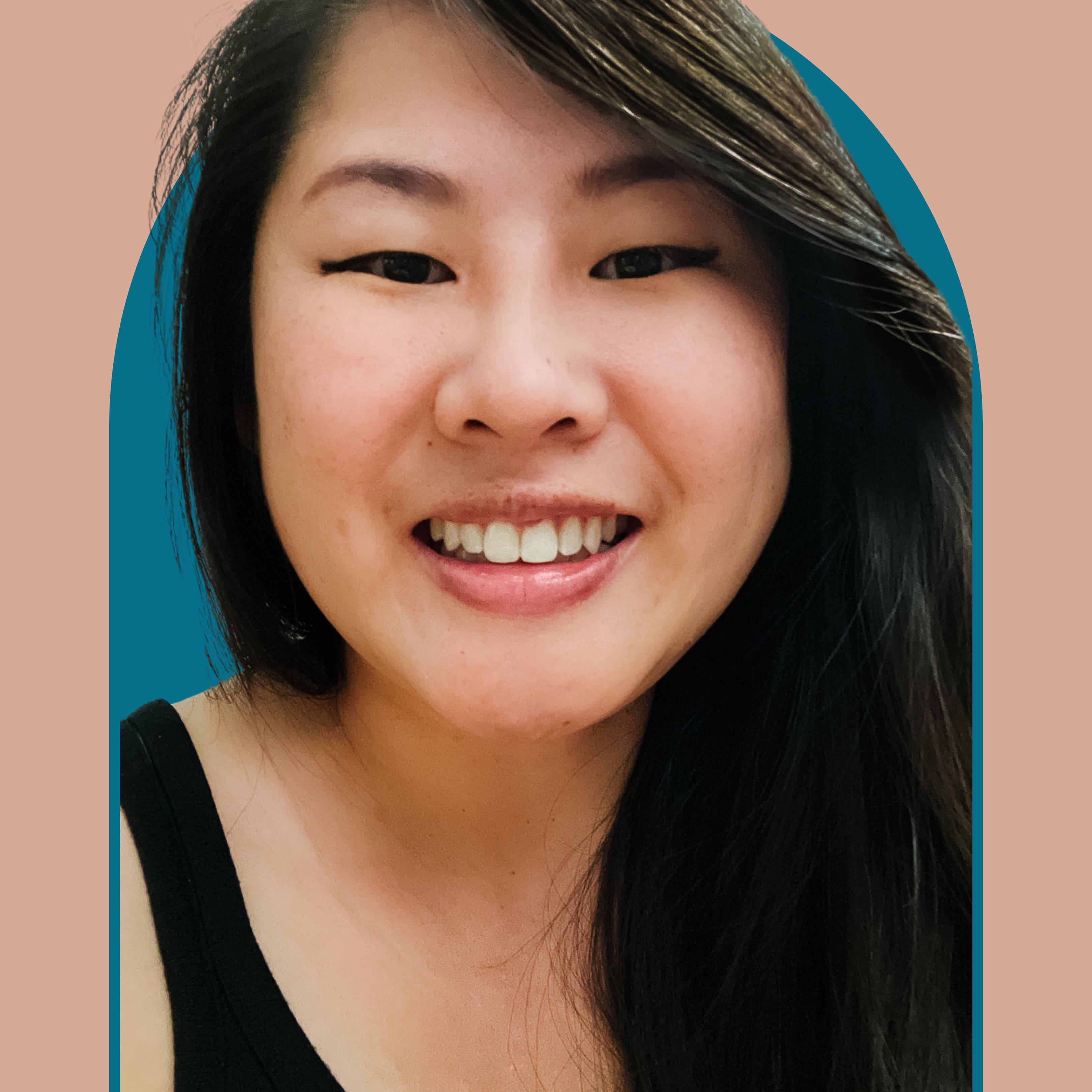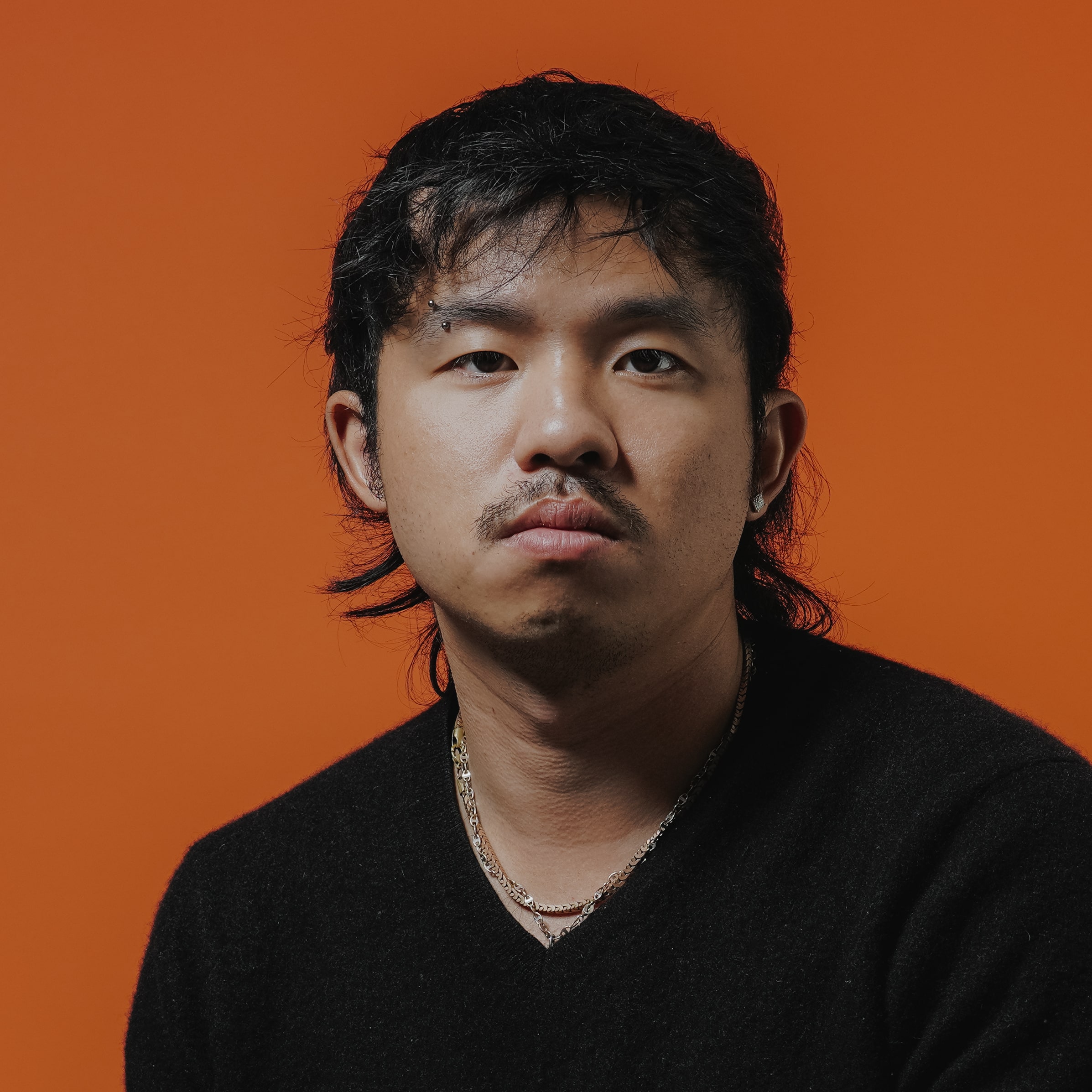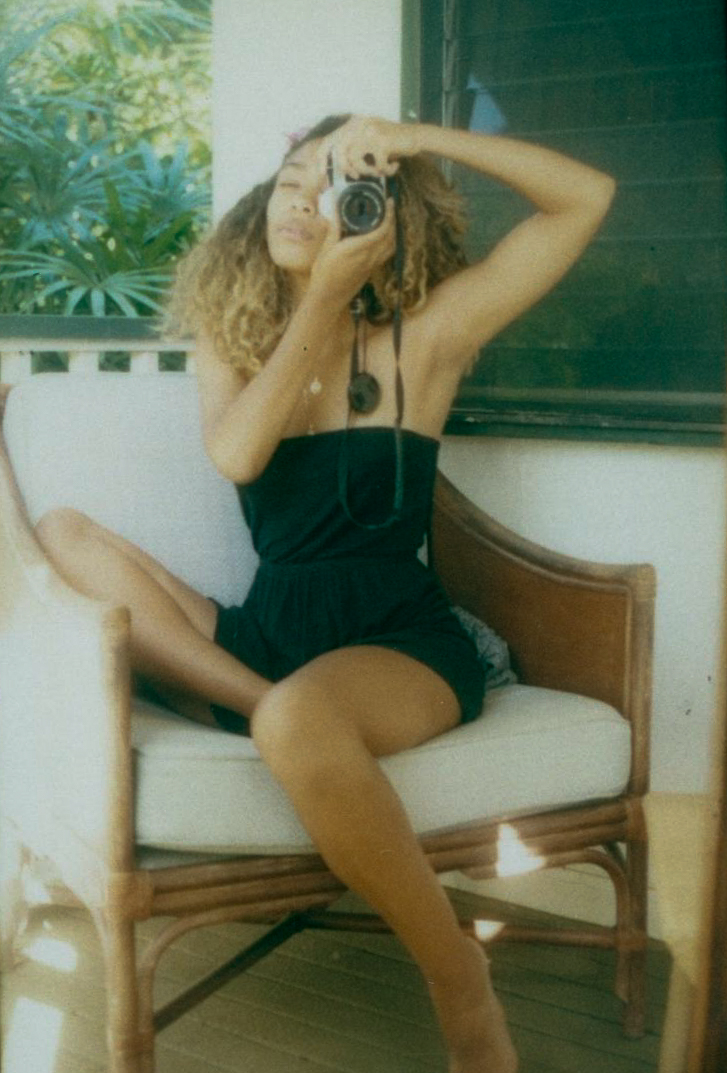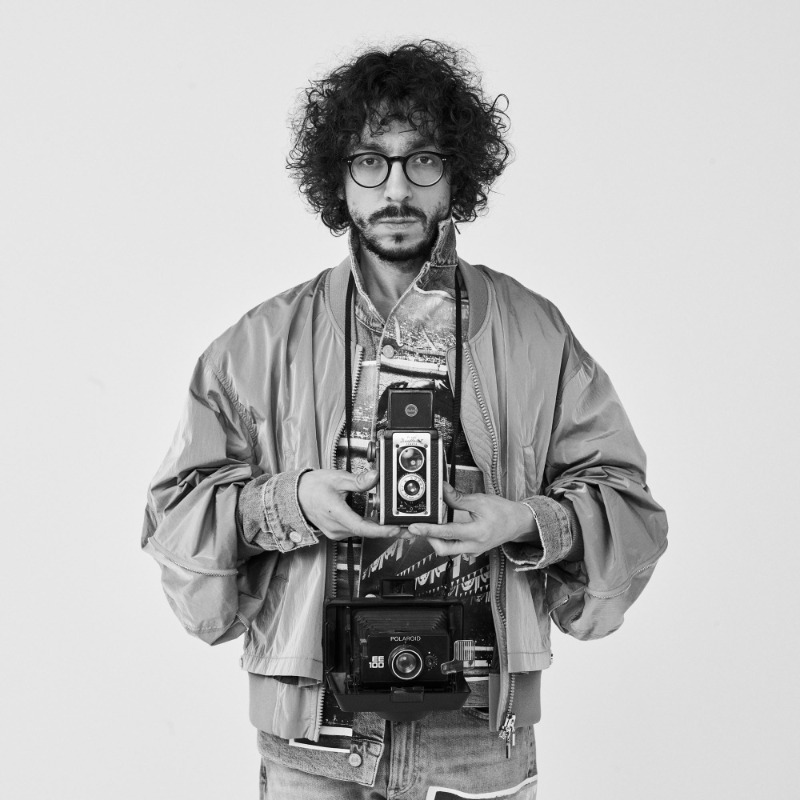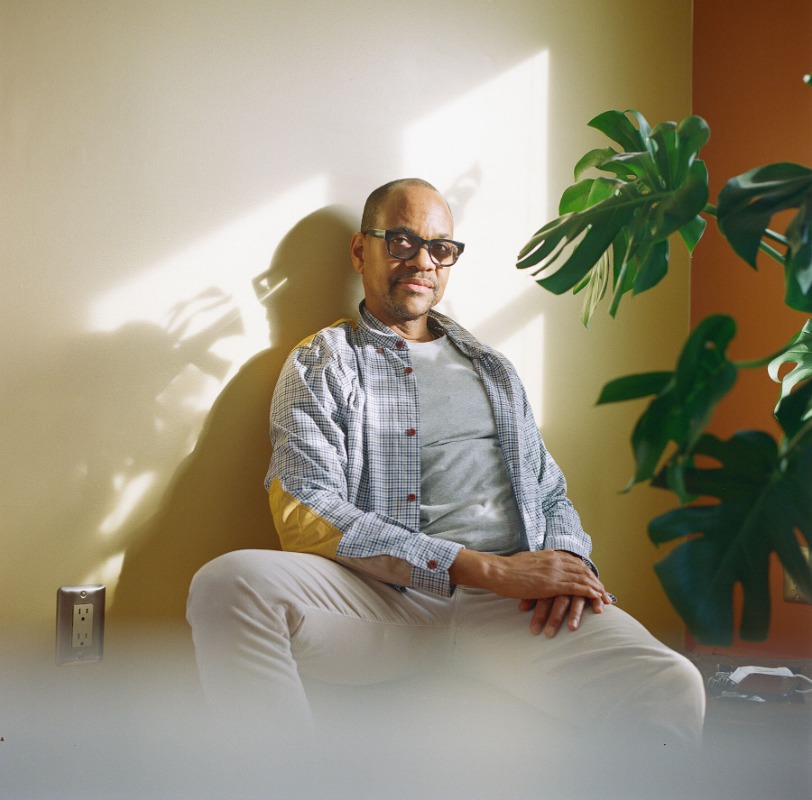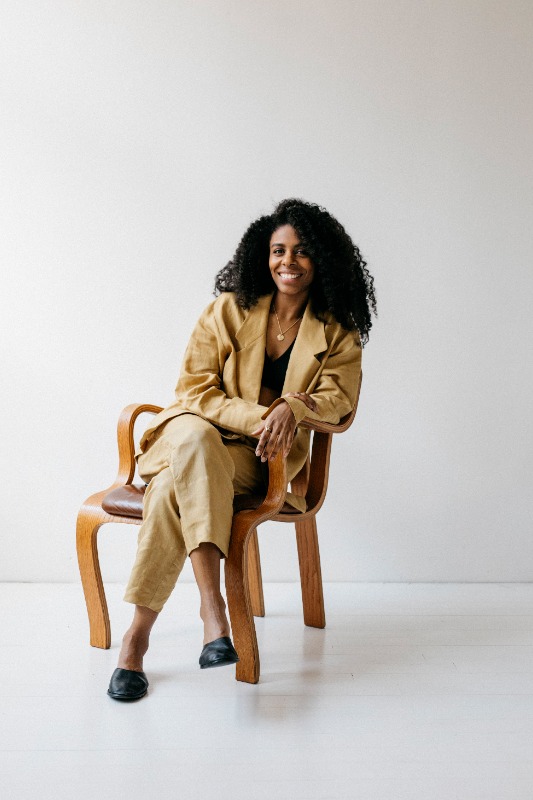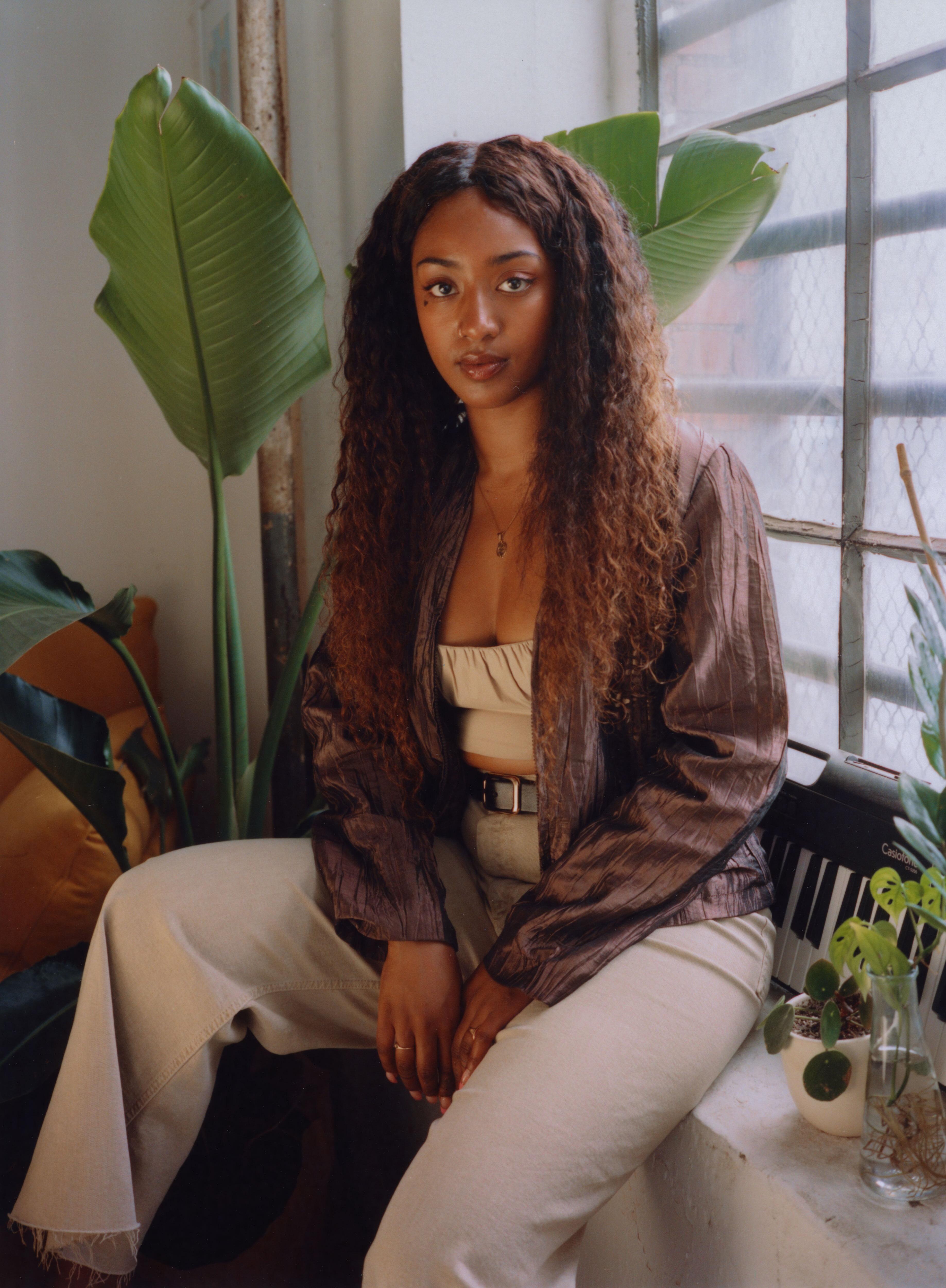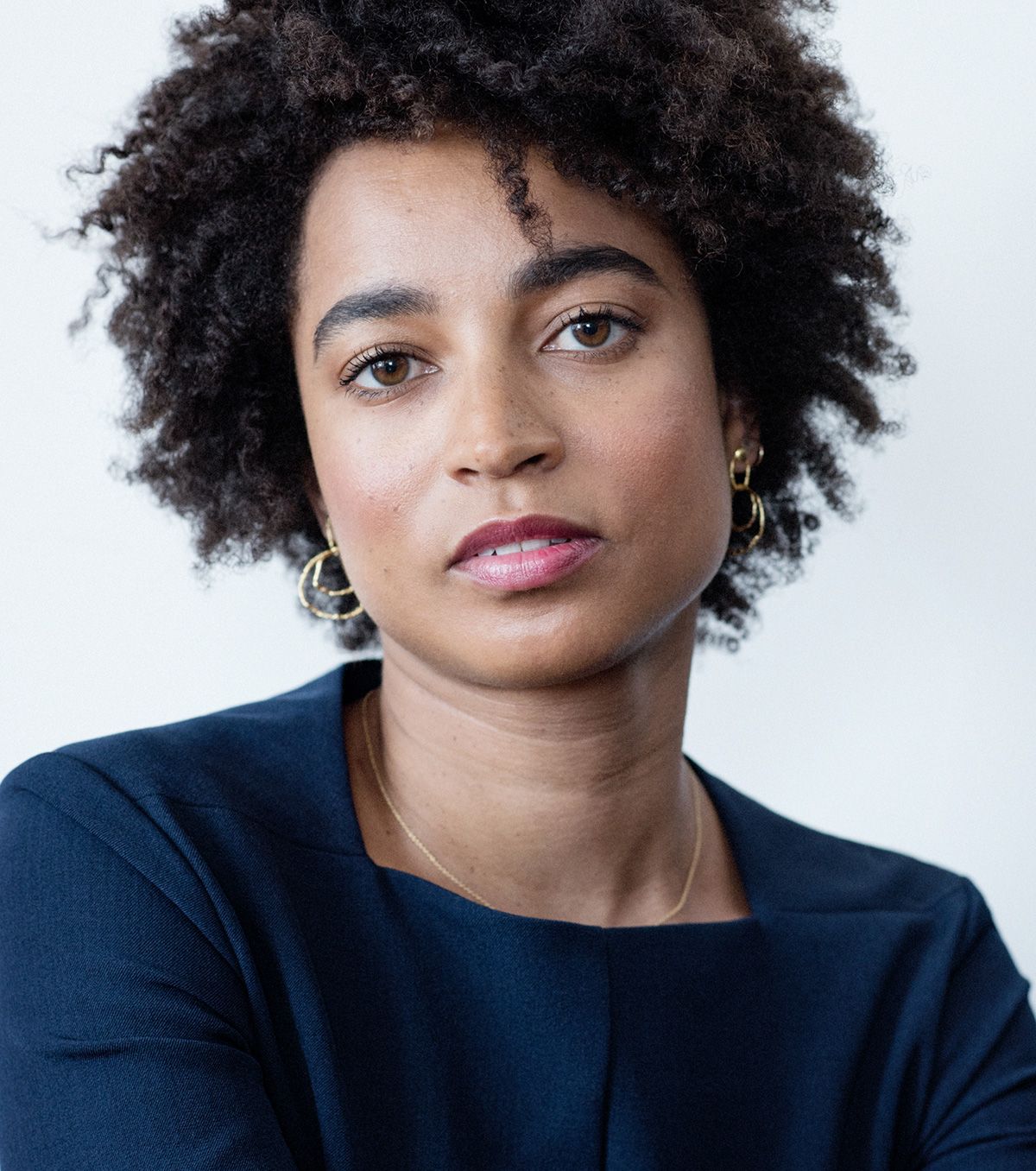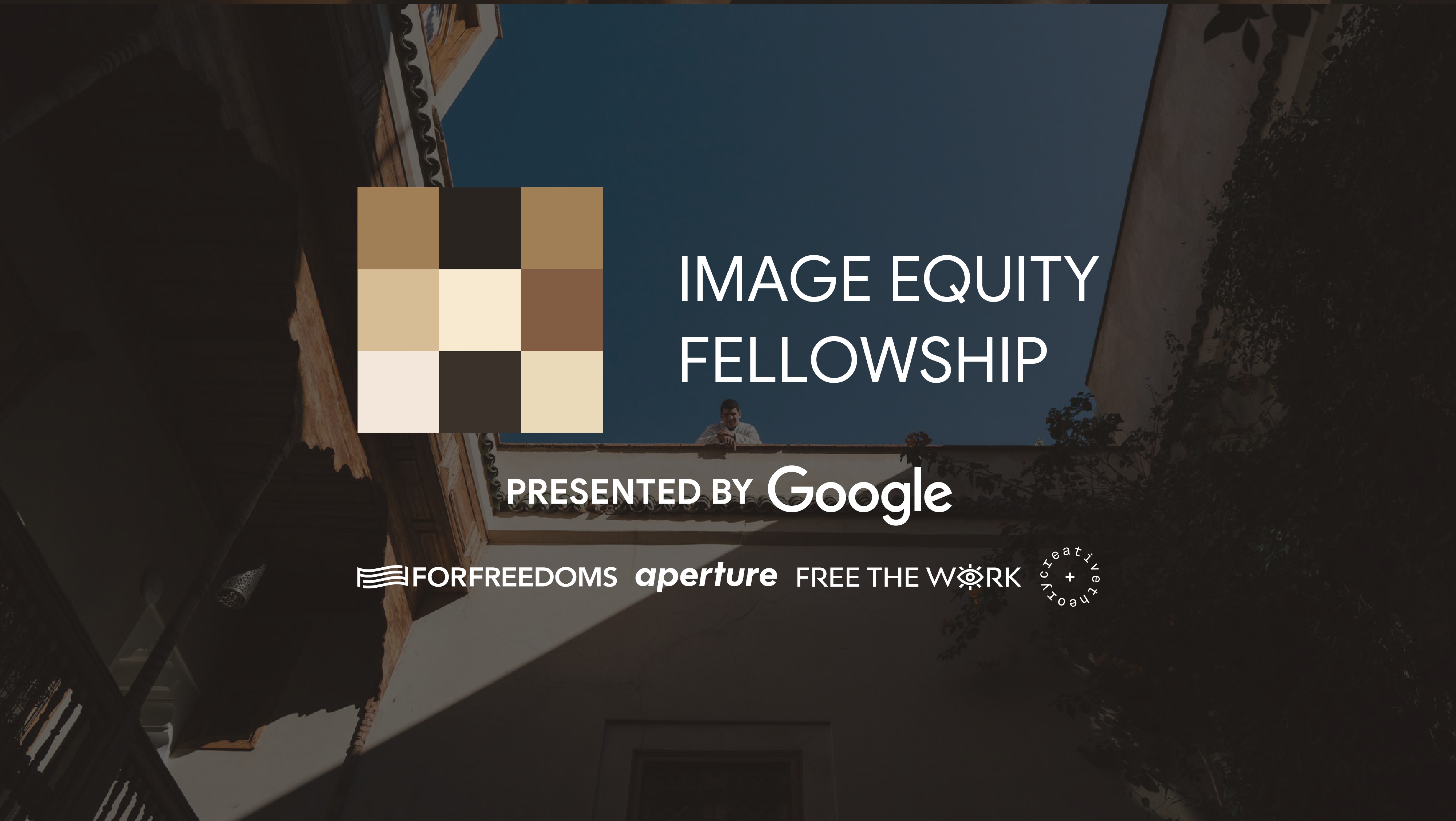
Google’s first-ever Image Equity Fellowship is a 6-month, application-based Fellowship awarded to 20 early-career image-based creators of color in the US. Selected Fellows will receive $20,000 in unrestricted funds to create an image-based project that explores and uplifts community(ies) of color with care and nuance.
As a launch partner, FREE THE WORK, in collaboration with Aperture and For Freedoms, will be supporting the program through mentorship, workshops, funding and publication of and press for their completed projects.


The Fellows
Giancarlo Montes Santangelo


About Google’s Image Equity Initiative
Racial bias is baked into camera and image technology, historically overlooking and excluding people of color, especially those with darker skin tones. That same bias can carry through in our modern imaging tools if they aren’t tested with a diverse group of people and inputs, delivering unfair experiences for people of color, like over-brightening or unnaturally desaturating skin.
We acknowledge that Google—and the tech industry writ large—has struggled in this area in the past, and Google is committed to continuing to improve our products accordingly. As part of Google’s Product Inclusion and Equity efforts, our teams are on a mission to build camera and imaging products that work equitably for people of color, so that everyone feels seen, no matter their skin tone. The recent launches of Real Tone on Google Pixel 6, as well as Google Photos’ Real Tone filters and the open-sourcing of the Monk Skin Tone Scale are tangible examples of this commitment. 2022 Image Equity Fellowship is a natural extension of this mission, aiming to empower the next generation of image makers of color to tell urgent stories of their communities, in the US.


Mentors
Ahmed is a filmmaker and photographer based in New York City. Born in Lebanon in the 80′s where he managed to escape a raging Civil War at age 2, Ahmed found shelter in France where he grew up and lived for 20 years before moving to the US. His work has been selected in American Photography 32, 31 and his client list includes 72andSunny, BBDO, Billboard, CP+B, Bacardi, Budweiser, Translation, Adidas, MTV, SLAM, Converse, Rolling Stone, XXL and Leo Burnett amongst others. He also has a PhD and has written many papers on how to diagnose heart disease using contrast-enhancing nanoparticles. His friends rightfully call him Dr. Klink.
https://ahmedklink.com/
Lyle has cultivated a diverse artistic practice ranging from photography and collage to installation and performance art. His work explores intersections between the personal and the political, examining the impact of ethnicity, gender, and desire on the contemporary social and cultural dynamic with representation in the permanent collections of The Museum of Modern Art (MoMA), New York; the Metropolitan Museum of Art, New York; the Solomon R. Guggenheim Museum, New York; the Whitney Museum of American Art, New York; The Studio Museum in Harlem, New York; the Hessel Museum of Art at Bard College, Annendale-on-Hudson, New York; the Museum of Contemporary Art (MOCA), Los Angeles; the J. Paul Getty Museum, Los Angeles; the Los Angeles County Museum of Art; the Museum of Fine Arts, Boston; Pérez Art Museum, Miami; the Walker Art Center, Minneapolis; the Tate Modern, London, UK; Museo de Arte Contemporáneo de Castilla y León, Spain; Migros Museum für Gegenwartskunst, Zurich, Switzerland, among others.
https://www.lyleashtonharris.com/
Bee is a foreign-born, multidisciplinary artist and film director based in New York. With an upbringing spanning six countries, an ingrained love of travel, and a family tree covering 8 nations, Bee aims in work and in life to illuminate the complexity of the human experience and connect humankind. Her experiences as a still photographer, creative producer, and counselor inspire her directorial style while her love of art, fashion, and foreign films inspire her visual language and perspective. She works both independently and collaboratively with her husband and fellow director/photographer under the name Rog + Bee.
https://papermonday.com/
A multidisciplinary artist from London with roots in Ghana, India and Jamaica, Mahaneela's work explores the themes of diasporic history, music and culture, with a focus on the black experience and emphasis on depicting black and brown people in modes of joy and happiness. In a direct response to the lack of representation of Black and Asian people in the mainstream media, she hopes to provide a new perspective, one that is bright, beautiful and authentic. In addition to her photography and filmmaking work, Mahaneela is a creative strategist and consultant, working with artists, labels, and brand to ideate and execute real world activations and events.
https://www.mahaneela.com/
Rujeko Hockley is Assistant Curator at the Whitney Museum of American Art, where she is a co-curator of the exhibition An Incomplete History of Protest: Selections from Whitney’s Collection, 1940-2017 (2017). Previously, she was Assistant Curator of Contemporary Art at the Brooklyn Museum where she contributed to exhibitions including LaToya Ruby Frazier: A Haunted Capital (2013), Crossing Brooklyn: Art from Bushwick, Bed-Stuy, and Beyond (2014) (Co-curator), Kehinde Wiley: A New Republic (2015), I See Myself in You: Selections from the Collection (2015) (Co-curator), and Tom Sachs: Boombox Retrospective, 1999-2016 (2016). She is the co-curator of We Wanted a Revolution: Black Radical Women, 1965-85 (2017), at the Brooklyn Museum. She serves on the Board of Art Matters, as well as the Advisory Board of Recess. She received her B.A. from Columbia University in Art History and is a Ph.D. Candidate in Art History, Theory, and Criticism in the Visual Arts Department at the University of California, San Diego.
https://www.instagram.com/rjkhckly/


Program Timeline


September 2022
Fellowship begins


February 2023
Fellowship ends


May 2023
Fellow exhibition


Program Partners


FAQ


